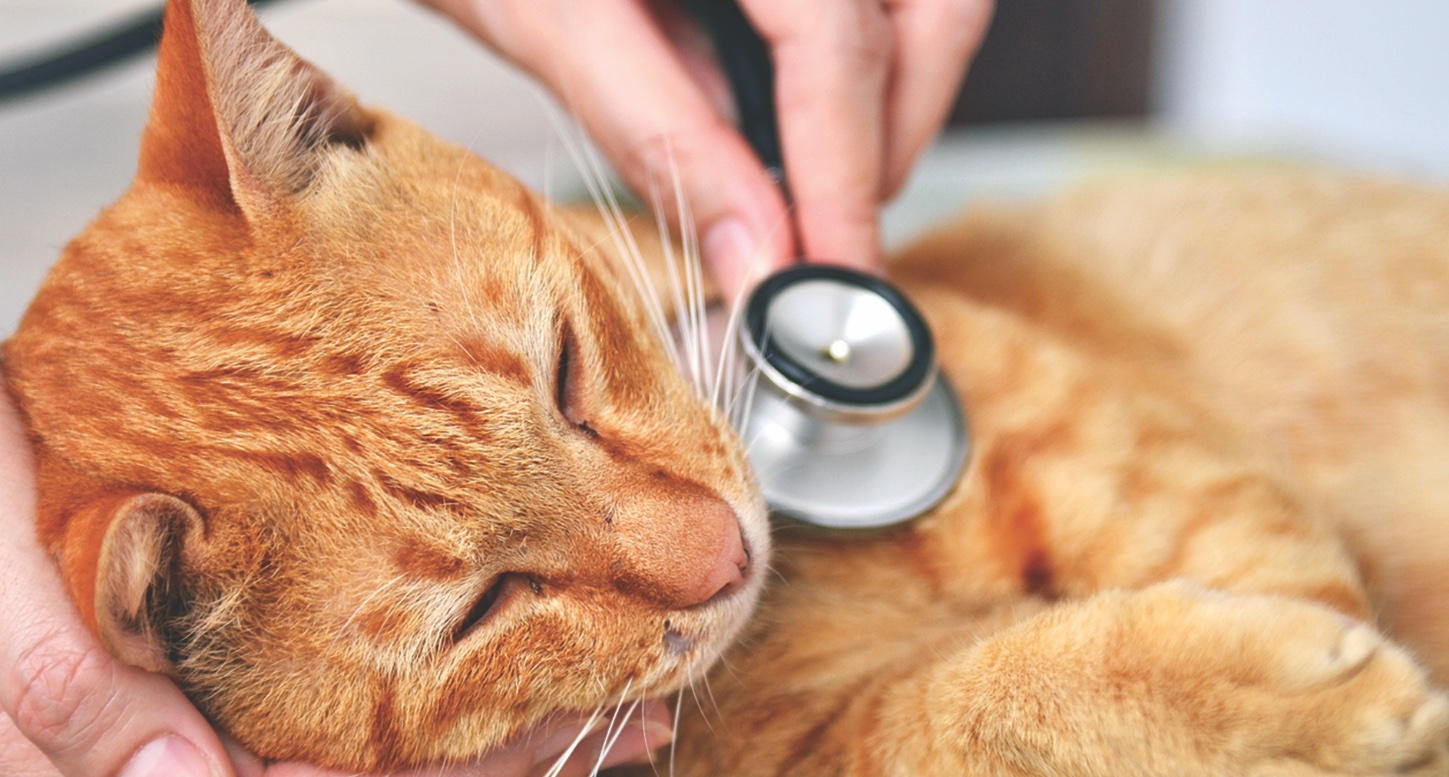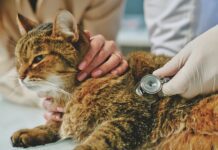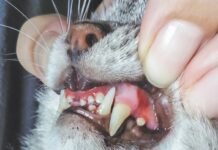Sometimes you know something is wrong with your cat. For example, if your male cat is spending tons of time in the litterbox, straining to urinate. Or, if your mischievous young kitty is suddenly vomiting repeatedly, gagging and pawing at her face, it’s clear something is wrong.
Other times, it’s not so easy. Cats are experts at hiding signs of disease, making it seem like all is well, when it’s not. Eventually, they may hit a threshold where the illness is so bad they cannot continue to function, and they deteriorate rapidly. So, even though your cat may have felt ill for a while, the change may seem sudden to you.
All cat owners should be mindful of this particular feline talent and monitor all cats carefully on a daily basis. Know what their norms are as far as attitude, appetite, litterbox behavior, interactions, water consumption, etc. If something seems off, watch even closer to confirm. When in doubt, schedule an appointment with your veterinarian.
The top five subtle signs that something may be off with your cat’s health are:
- Changes in appetite. Appetite can be difficult to monitor in multiple cat households. You may see one cat at the bowl and feel good enough about that, but maybe she just walked up and walked away after a bite or two. For this reason, it’s advantageous to feed cats separately if you can, so you know exactly how much each cat is eating. If you feed canned and dry foods and leave the dry out all the time, at least feed their canned meals separately so you have a better idea. When in doubt, isolate the cat you’re suspicious of with its own food for a few days, so you’ll know for sure.
- Weight loss. A slowly decreasing body weight is difficult to notice when you see your cats every day. Rapid and dramatic weight loss is easier but more worrisome. Your cat’s weight needs to be monitored. Obviously, if your cat’s appetite is off, he or she will start losing weight. Weight loss with a good appetite may signal diseases like diabetes and hyperthyroidism.“A change in your cat’s weight is the single most easily monitored indicator of a medical problem,” says Dr. Kathryn Allen, Cornell College of Veterinary Medicine graduate who practiced for most of her career in Phoenix, Ariz. “If you have a digital scale in your home, simply weigh yourself, weigh yourself with your cat, and do the math.” Alternatively, you can use a baby scale if you have one.
- Excessive thirst and urination. This can be indicative of several diseases, including diabetes, chronic kidney disease (CKD), and hyperthyroidism. Once again, if you have more than one cat, this can be difficult to monitor and easily overlooked.
“In a multi-cat household, if one of the cats is drinking and urinating excessively, the volume of urine in the litterbox(es) will be noticeably increased,” says Dr. Allen. “The next step is to isolate one cat at a time for 24 hours. That is almost certainly enough time to identify the culprit.” - Bad breath. Few of us miss bad breath, especially when we snuggle with our cat. “When owners complain of bad breath in their cat, it’s almost always due to dental disease,” says Dr. Allen. “Oral tumors may also cause bad odor from the mouth, as can CKD, although, in my experience, owners rarely pick that up as the first indication of this common disease. The bottom line is that if it smells bad, something is not right.”
- Behavior changes. If your cat seems to be hiding, no longer grooming, acting lethargic and inactive, exhibits changes in vocalization, or frequently crouches in a hunched posture with her head down and limbs tucked, something is likely wrong. Remember that cats are creatures of habit. If you’re convinced—or almost certain—her habits have changed, a trip to the vet is warranted.
There are certainly many other signs of illness in cats, including vomiting, diarrhea, changes in respiratory rate/effort, and collapse/weakness, but it’s important to be aware of subtle signs that may be easily missed.
Early diagnosis and treatment are the keys to success for correcting problems, curing disease, and managing chronic health issues. Being aware of the importance of watching for subtle signs of illness in cats will help keep your cats healthy and happy.
Kathryn Allen, DVM, is a Cornell College of Veterinary Medicine graduate who practiced for most of her career in Phoenix, Ariz.




